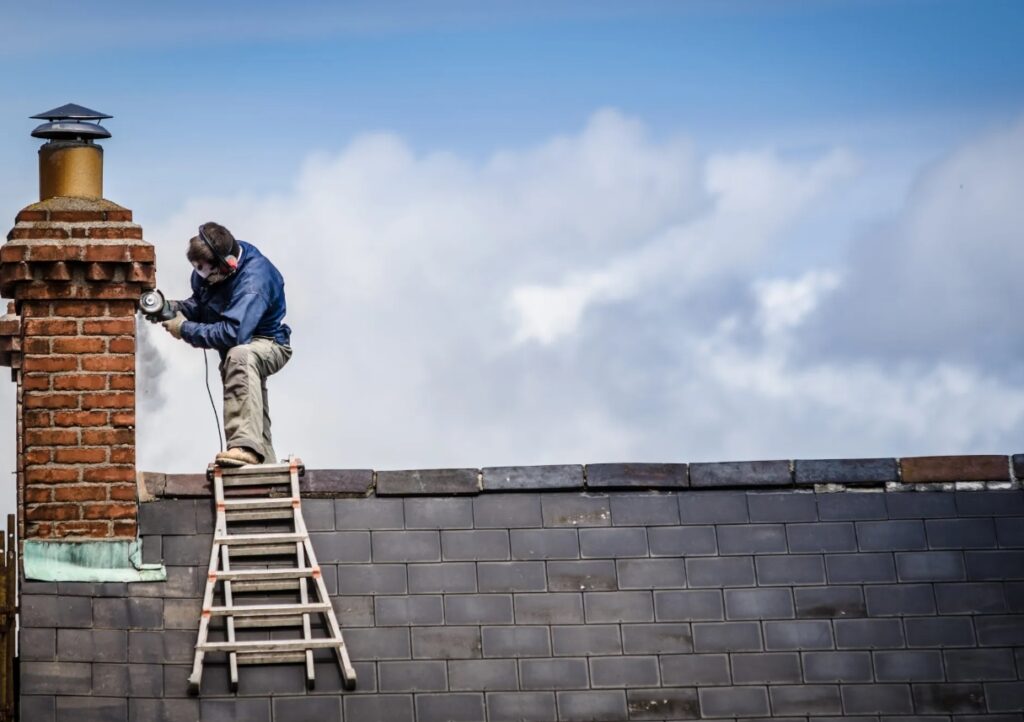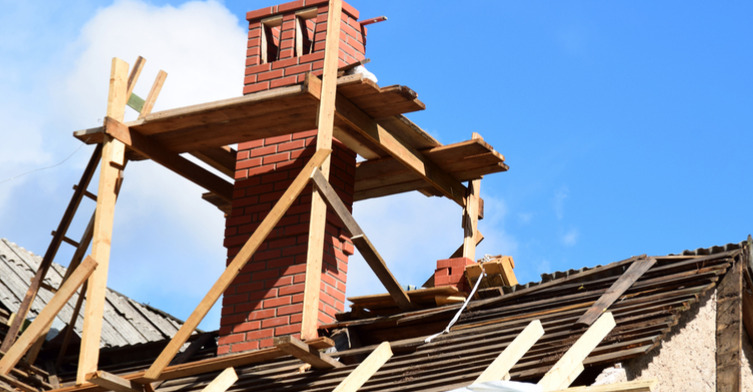Chimney Lining in Philadelphia, PA
CALL NOW
(215) 515-8622
Chimney Lining
Chimney lining is essential for safeguarding your home and family, and at Philadelphia Chimney Sweep, we recognize its importance in maintaining a properly functioning chimney system. Catering to homeowners in Philadelphia, PA, and the surrounding areas, our expertise lies in providing chimney lining installation, repair, and maintenance services. Our goal is to ensure the efficiency and safety of your chimney, giving you peace of mind.
Don’t leave the safety and efficiency of your chimney to chance. Contact Philadelphia Chimney Sweep today at (insert phone number) or fill out our online form to schedule a chimney lining service or to request a free estimate. Trust our experts to protect your home and family with our industry-leading chimney lining solutions.
Chimney Relining Services
At Philadelphia Chimney Sweep, we offer a comprehensive range of chimney lining services tailored to your specific needs:
Chimney Lining Installation: Our experienced technicians install high-quality stainless steel, aluminum, or clay flue liners to ensure optimal performance and safety for your chimney system.
Chimney Lining Repair: We assess and repair damaged or deteriorated liners to restore their integrity and function, using industry-leading materials and techniques.
Chimney Lining Replacement: In cases where a liner is beyond repair, our team replaces it with a new, durable lining that meets or exceeds industry standards.
Chimney Lining Inspection: Our certified chimney professionals conduct thorough inspections to assess the condition of your chimney liner and recommend appropriate maintenance or repairs.
Why Choose Philadelphia Chimney Sweep for Your Chimney Lining Needs: With over three decades of experience in the industry, Philadelphia Chimney Sweep has built a reputation for exceptional quality, professionalism, and customer service.
The Importance of Chimney Lining:
Without a chimney liner, your chimney system is vulnerable to serious safety and maintenance issues. Over time, the high temperatures generated by burning wood or other fuels can cause the chimney’s masonry to deteriorate and crack, leading to potential structural damage to your home. Additionally, acidic byproducts of combustion such as creosote can eat away at the masonry or even leak through cracks, causing damage to the surrounding walls, floors, and ceilings.
Installing a chimney liner can help prevent these issues by providing a durable barrier between the combustion gases and the chimney walls. The liner also helps to maintain proper draft and air flow, ensuring that the combustion gases are safely and efficiently vented outside.
There are several different types of chimney liners available, each with its own advantages and disadvantages. Stainless steel liners are a popular choice due to their durability, versatility, and ease of installation. Clay tile liners are another common option and can last for decades with proper maintenance. Cast-in-place liners, which are essentially a new liner formed inside the existing chimney, can provide a seamless and long-lasting solution.
The cost of installing a chimney liner can vary depending on a variety of factors, including the type of liner material, the length and diameter of the chimney, and the complexity of the installation. However, the investment in a chimney liner is well worth it when considering the long-term benefits in safety, efficiency, and maintenance.
Contact a professional chimney sweep today to learn more about the best type of chimney liner for your home and to schedule a chimney inspection.
Common Questions about Chimney Lining
Yes, chimney liners are necessary for the safe and efficient operation of your chimney. Liners protect the walls of the chimney from the high temperatures, corrosive byproducts of combustion, and condensation that can cause damage and lead to dangerous situations such as chimney fires or carbon monoxide poisoning.
The cost of installing a chimney liner can vary depending on a variety of factors such as the type of liner material, the length and diameter of the chimney, the complexity of the installation, and the location of the chimney. It’s best to have a professional chimney sweep inspect your chimney and provide an estimate based on your specific needs.
The lining in a chimney is a material that is installed inside the chimney flue to protect the chimney walls and improve the efficiency of the chimney system. Liners can be made of different materials such as stainless steel, clay tile, or cast-in-place concrete.
The best chimney liner material will depend on your specific needs and the type of appliance that you are using. Stainless steel liners are a popular and versatile option, but clay tile and cast-in-place liners may be better suited for certain applications. Your chimney sweep can help you determine the best material for your chimney.
The lifespan of a chimney liner will depend on the type of material, the frequency of use, and the quality of installation. Stainless steel liners can last up to 20 years or more with proper maintenance and use, while clay tile liners may last up to 50 years.
Yes, all chimneys should have a liner to protect the chimney walls and improve the efficiency of the chimney system.
The chimney liner is held in place by a combination of friction and mechanical attachments such as metal bands, screws, or insulation. The liner should fit snugly against the chimney walls to prevent gaps that can allow gases to escape.
The two main types of chimney liners are rigid and flexible liners. Rigid liners are made of materials such as stainless steel or clay tile and are best suited for straight chimneys, while flexible liners are made of metal and can be used in chimneys with bends or offsets.
If you don’t have a chimney liner, the chimney walls can be exposed to high temperatures, corrosive byproducts of combustion, and condensation that can cause damage and lead to dangerous situations such as chimney fires or carbon monoxide poisoning. A chimney liner is an essential component of a safe and efficient chimney system.






